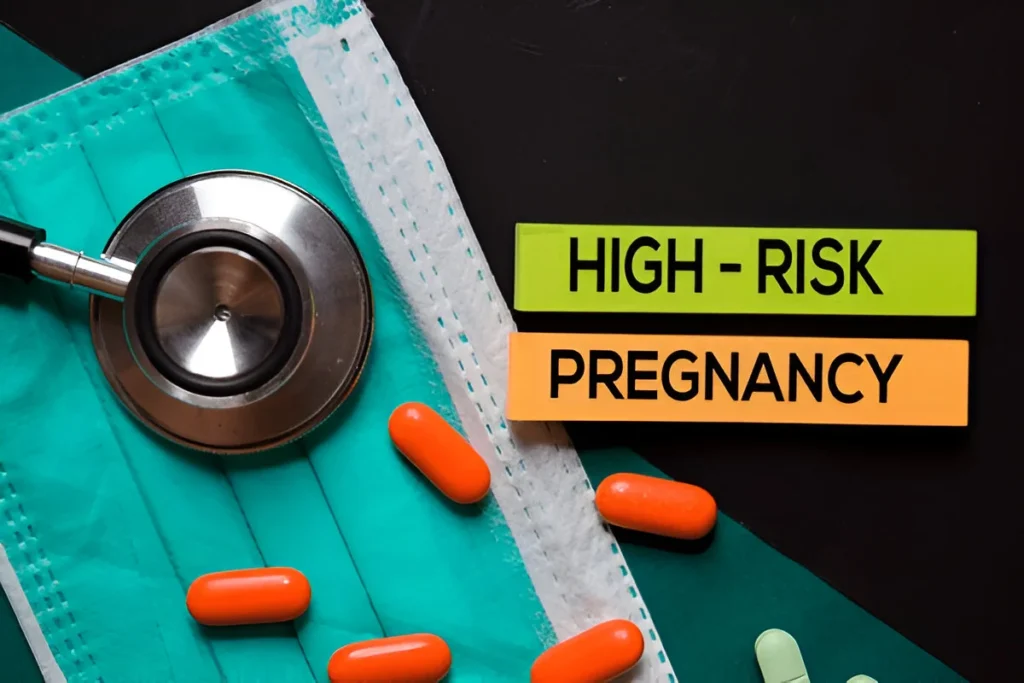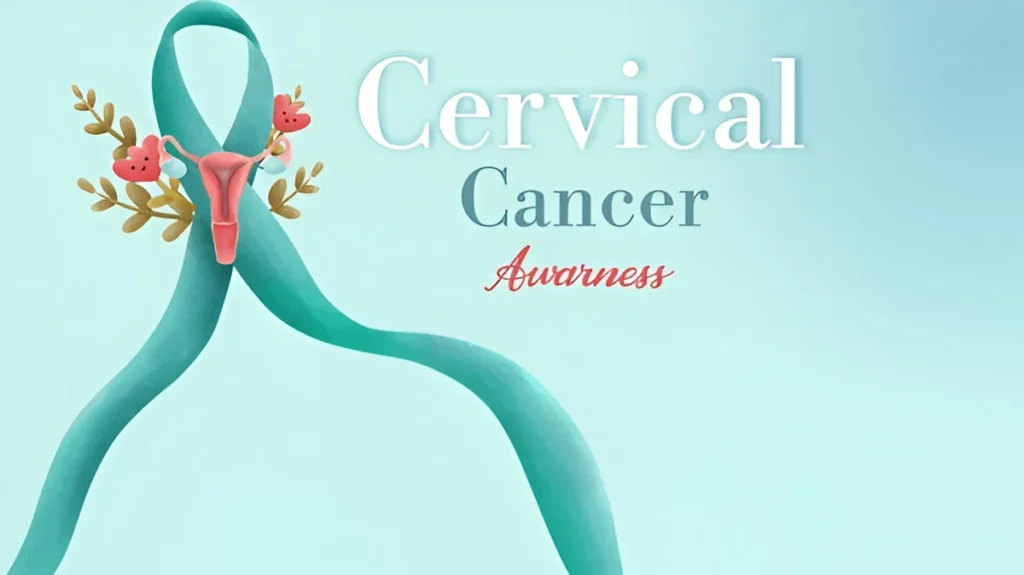-
Ganesh Talkies, Kolkata
Ganesh Talkies, Kolkata

Admins
28.08.2025
Why prenatal vitamins matter for a healthy pregnancy. Learn from the insights of a reputed gynecologist about how supplements support both mother and baby. Understanding the Role of Prenatal NutritionWhat Are Prenatal VitaminsWhy Prenatal Vitamins Matter for a Healthy PregnancySupporting Baby’s DevelopmentProtecting Maternal HealthCompensating for Dietary ChallengesKey Nutrients in Prenatal VitaminsFolic Acid – The Shield Against Birth DefectsIron – Fuel for Mother and BabyCalcium – Strengthening the FoundationVitamin D – The Sunshine NutrientIodine – For Brain DevelopmentWhen Should Women Start Prenatal VitaminsCommon Questions About Prenatal VitaminsCan prenatal vitamins replace healthy food?Do all women need prenatal vitamins?Can taking too many vitamins be harmful?Are prenatal vitamins safe throughout pregnancy?How Prenatal Vitamins Support a Healthy PregnancyGuidance Matters in Choosing the Right Prenatal VitaminsNurturing New Life Begins with the Right Care Understanding the Role of Prenatal Nutrition Pregnancy is a transformative journey—one where a woman’s body undergoes remarkable changes to nurture and support new life. Nutrition during this phase is more than just eating healthy meals; it’s about ensuring the mother and the developing baby receive every essential nutrient in the right amount. That’s where prenatal vitamins come into the picture. While a balanced diet forms the foundation of good health, it may not always be possible to get the optimal levels of vitamins and minerals required during pregnancy from food alone. This is why doctors often recommend supplements tailored specifically for pregnant women. What Are Prenatal Vitamins Prenatal vitamins are specially formulated supplements that provide nutrients crucial during pregnancy. Unlike regular multivitamins, these contain higher levels of folic acid, iron, calcium, vitamin D, and other essential elements needed for fetal development. They are not a replacement for a nutritious diet but act as a safety net to fill nutritional gaps, ensuring both mother and baby stay healthy. Why Prenatal Vitamins Matter for a Healthy Pregnancy Supporting Baby’s Development Folic acid reduces the risk of neural tube defects. Iron supports the increased blood supply and prevents anemia. Calcium and vitamin D strengthen baby’s bones and teeth. Omega-3 fatty acids promote brain and eye development. Protecting Maternal Health Helps reduce the risk of pregnancy-related complications. Supports energy levels and reduces extreme fatigue. Enhances immunity during a time when the body is more vulnerable. Compensating for Dietary Challenges Morning sickness, food aversions, and lifestyle patterns can make it hard to consume the right nutrients every day. Prenatal vitamins step in to balance what the diet may...

Admins
21.08.2025
High risk pregnancy can pose serious challenges. Learn the warning signs early and ensure maternal and fetal health with expert guidance form a reputed gynecologist. Pregnancy is an exciting and transformative journey, but it is essential to recognize that not every pregnancy progresses without complications. Certain pregnancies are classified as high risk pregnancy, meaning there are factors that may affect the health of the mother, the baby, or both. Awareness of the warning signs is crucial for timely intervention and care. What Makes a Pregnancy High Risk?Common Warning Signs of High Risk Pregnancy1. Severe Abdominal Pain or Cramping2. Vaginal Bleeding3. Severe Swelling or Edema4. High Fever or Infections5. Severe Headaches or Vision Changes6. Decreased Fetal Movement7. Signs of Preterm LaborRisk Factors Every Mother Should KnowHow to Manage a High Risk PregnancyFrequently Asked Questions (FAQs)1. What exactly qualifies as a high risk pregnancy?2. Can lifestyle changes reduce high risk pregnancy complications?3. How often should high risk pregnancy check-ups occur?4. Is preterm labor preventable in high risk pregnancies?5. When should I contact my gynecologist immediately?Key TakeawaysEnsuring Safety and Healthy Outcomes in High Risk Pregnancies Many women may not realize that early detection of complications can significantly reduce risks. By understanding what to watch for, expectant mothers can take proactive steps to protect themselves and their babies. What Makes a Pregnancy High Risk? A high risk pregnancy occurs when medical or physical factors increase the likelihood of complications. These factors can include: Maternal age: Women under 17 or over 35 have higher risks. Existing medical conditions: Diabetes, hypertension, thyroid disorders, or heart disease. Pregnancy-related conditions: Pre-eclampsia, gestational diabetes, or multiple pregnancies (twins, triplets). Lifestyle factors: Smoking, alcohol consumption, and poor nutrition. Previous pregnancy complications: History of preterm birth, miscarriages, or cesarean deliveries. Identifying a high risk pregnancy early allows healthcare providers to monitor the mother and baby more closely, potentially preventing serious complications. Common Warning Signs of High Risk Pregnancy Recognizing the warning signs early is key. Here are some of the most critical indicators: 1. Severe Abdominal Pain or Cramping While mild cramping is common during pregnancy, persistent or severe abdominal pain may indicate problems such as: Ectopic pregnancy Miscarriage Preterm labor If the pain is intense or accompanied by bleeding, immediate medical attention is essential. 2. Vaginal Bleeding Light spotting can occur naturally, but heavy or continuous bleeding should not be ignored. It may signal: Placental abruption Miscarriage Cervical issues Early...

Admin
19.08.2025
Hello Readers! Welcome to the blog page of Dr. Megha Khanna, one of the best lady gynecologist in Kolkata. Bringing a child into the world is one of the most beautiful experiences in a woman’s life. When it comes to childbirth, one of the most common questions every expecting mother has is whether to opt for a normal delivery or a cesarean section. While both methods are medically safe when performed under the guidance of an expert, many women still prefer normal delivery because of its natural process and long-term benefits for both mother and child. As the best lady gynecologist in Kolkata, I often meet mothers who are keen to understand the advantages of normal delivery. In this blog, let’s explore why it remains the preferred option for many women. 1. Faster Recovery for the Mother2. Lower Risk of Surgical Complications3. Stronger Immunity for the Baby4. Better Emotional Bonding5. Long-Term Health Benefits for Mothers6. Economical and Less Hospitalization7. Encourages Natural Strength & ConfidenceFor the Mother:For the Baby:Recovery:Risks:2. Does normal delivery help in faster recovery compared to C-section?3. Are babies healthier if born through normal delivery?4. Is normal delivery less risky than a cesarean section?5. Can normal delivery affect future pregnancies positively? 1. Faster Recovery for the Mother One of the biggest benefits of normal delivery is that recovery time is much quicker compared to a cesarean section. Since it is a natural process without major surgery, women can get back to their routine activities sooner. This also reduces hospital stay and allows mothers to enjoy precious moments with their newborn without prolonged physical discomfort. 2. Lower Risk of Surgical Complications Unlike a C-section, normal delivery does not involve surgical cuts, anesthesia, or stitches. This means fewer chances of infections, blood loss, or surgical complications. As the best lady gynecologist in Kolkata, I always emphasize that unless medically required, avoiding unnecessary surgery is safer for both mother and baby. 3. Stronger Immunity for the Baby During normal delivery, the baby passes through the birth canal, which exposes them to beneficial bacteria. This helps in building stronger immunity and better gut health from the very beginning of life. Research also suggests that babies born through normal delivery are less likely to develop respiratory problems compared to those born via cesarean. 4. Better Emotional Bonding The immediate skin-to-skin contact after normal delivery helps in releasing oxytocin, also called the “love hormone.” This...

Admins
19.08.2025
Why is early detection important in cervical cancer? Learn how timely screening and consultation with a reputed gynecologist can save lives. Understanding Cervical Cancer and Its Silent Nature Cervical cancer develops in the cells of the cervix—the lower part of the uterus that connects to the vagina. It is often caused by persistent infection with human papillomavirus (HPV), a common virus spread through intimate contact. What makes cervical cancer particularly dangerous is its silent progression. In its earliest stages, it rarely shows symptoms. Many women remain unaware until the condition has advanced, making treatment more complex. Understanding Cervical Cancer and Its Silent NatureWhy Early Detection MattersRecognizing Risk Factors for Cervical CancerCommon Symptoms Women Should Not IgnoreHow Screening WorksPap Smear TestHPV TestingColposcopy & BiopsyRole of Gynecologists in Early DetectionLifestyle and Preventive StepsFAQs About Cervical Cancer and Early DetectionCervical Cancer Doesn’t Have to Be Silent—Early Action Matters This is why early detection plays a life-saving role. With regular screenings, such as Pap smears and HPV tests, precancerous changes can be identified and treated before they develop into cancer. Why Early Detection Matters Detecting cervical cancer at an early stage offers several crucial benefits: Higher Treatment Success Rates – Early-stage cervical cancer responds better to treatment, with a significantly higher survival rate compared to later stages. Minimally Invasive Interventions – Precancerous changes can often be treated with simple outpatient procedures, reducing the need for aggressive treatments like chemotherapy or hysterectomy. Preservation of Fertility – For younger women, early intervention can help preserve fertility, offering them the chance to have children in the future. Reduced Healthcare Costs – Early treatment is often less expensive and less demanding on physical and emotional health compared to late-stage therapies. Improved Quality of Life – Women diagnosed early can maintain normal daily routines without prolonged treatment disruptions. Recognizing Risk Factors for Cervical Cancer Not all women face the same risk. Some common risk factors include: Persistent HPV infection Multiple sexual partners or early sexual activity Weakened immune system (e.g., HIV infection) Smoking and poor lifestyle habits Family history of cervical or related cancers Lack of regular screening and gynecological checkups Understanding these risk factors empowers women to be proactive about their health and encourages timely screenings. Common Symptoms Women Should Not Ignore Though early cervical tumor often shows no symptoms, advanced stages may present warning signs such as: Abnormal vaginal bleeding (between periods, after intercourse, or post-menopause) Unusual...